Household pet toxins are not always recognizable—after all, they don’t have the skull and crossbones symbol directly on the label. Sometimes the most innocent-looking household items can seriously threaten your cat or dog. From seemingly harmless foods, to plants, to medications, pet owners need to be aware of potential toxic household products.
Our Southern Crossing Animal Hospital team wants your pet to stay safe, so we are providing an overview of poisoning signs and toxicity prevention through awareness.
Not so tasty: Food dangers for pets
Pets can seldom resist food of any kind, so food is the most common culprit in many pet poisoning incidents, because not all foods are safe for pets to eat. Be aware of the following edible, but toxic, foods:
- Chocolate — Chocolate contains theobromine and caffeine, which are stimulants that can cause increased heart rate and blood pressure and neurological problems in pets, especially dogs. Dark chocolate and baking chocolate, which contain higher levels of these chemicals, are especially dangerous.
- Grapes, raisins, and currants — Only a small amount of grapes or raisins can be toxic to pets. The most common grape poisoning signs are vomiting and gastrointestinal (GI) distress.
- Xylitol — Found in sugar-free gum, candies, diet foods, and some peanut butter, xylitol can cause a rapid release of insulin, which can lead to hypoglycemia and, in severe cases, liver failure.
- Onions and garlic — Garlic and onions are members of the allium family, which contains the toxic substance thiosulfate that damages red blood cells when ingested by pets. Cats are more sensitive to thiosulfate, but any species can suffer adverse effects from ingestion.
Hazardous household items
Most people have a cornucopia of household products that seem innocuous but cause problems for our pets. These include:
- Medications — Many human medications, including over-the-counter pain meds, can be lethal to pets. Always keep medications out of reach and stored securely. Pet medications can also be problematic if your pet eats a large amount.
- Cleaning products — Household cleaners, such as bleach, ammonia, and disinfectants, can cause respiratory issues, burns, and sometimes GI problems when ingested by pets.
- Antifreeze — Ethylene glycol, an ingredient found in antifreeze, has a sweet taste that attracts pets but is highly toxic and causes kidney failure and often death.
- Rodenticides and insecticides — Every year, rodenticides poison thousands of wild and domestic animals who eat the rodenticide itself or a rat or other rodent that’s consumed the poison. Ingested rodenticides cause life-threatening internal bleeding or can harm the pet when organophosphates they contain are absorbed through the skin.
- Mothballs — Mothballs, which are typically found in closets and attics, contain two active ingredients, naphthalene or paradichlorobenzene, that can damage red blood cells and lead to anemia, weakness, lethargy, and sometimes seizures.
Poisonous plants
Plants bring beauty to our lives, but they can harm our pets. Some more common poisonous plants include:
- Lilies — Lilies of all varieties are deadly to cats, causing kidney failure after they ingest only small amounts.
- Sago palm — This popular ornamental plant contains toxins that can cause liver failure in dogs and cats.
- Marijuana — Since marijuana was legalized in most states, we have seen an uptick in the number of marijuana poisonings. Marijuana ingestion can lead to neurological symptoms, vomiting, and in severe cases, coma or death, especially in dogs.
- Flower and garden beds — While garden beds may seem innocent enough, the main concern for your pet’s safety are mulch and fertilizers. Cacao mulch is particularly toxic, but any chemical additives in these products can cause harm. In other words, prevent your pet from tip-toeing through the tulips and always supervise them outside.
Pet-proofing your home
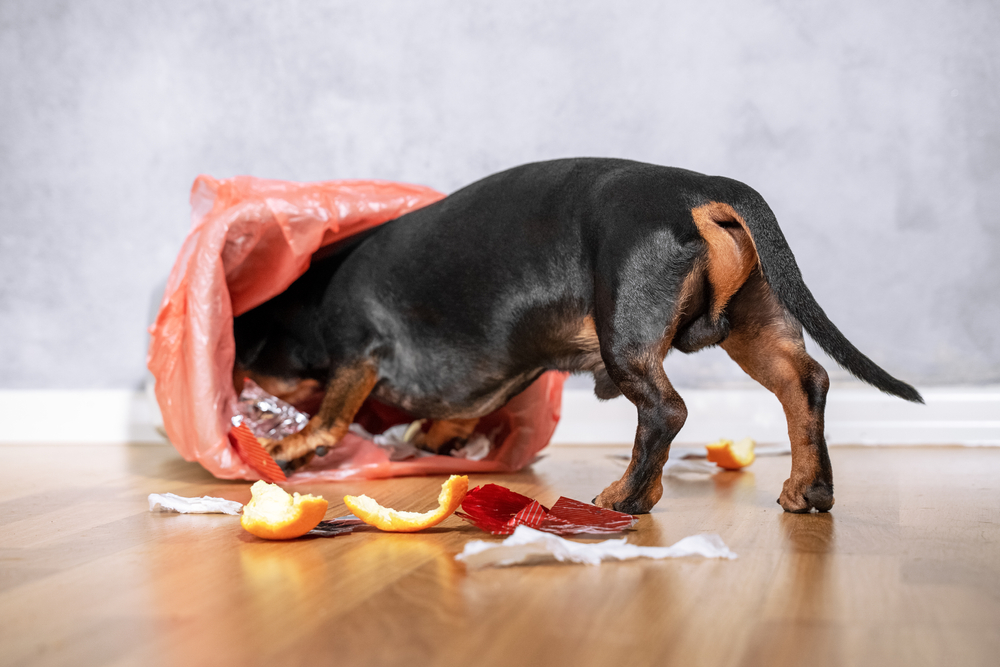
If you’ve ever cared for a toddler, you understand the reasons for baby-proofing your home. Such safe-guarding is equally important for pets. Pet-proof your home and minimize your pet’s access or exposure to common toxins through the following steps:
- Cabinets — Install pet-proof locks on cabinets and cupboards where harmful products are stored, especially in the kitchen and bathrooms.
- Medications — Keep all medications or other poisons on a high shelf or locked in a cabinet.
- Plants — Remove all poisonous plants from the home, opting for nontoxic varieties, which are equally beautiful. At a minimum, place fresh plants or flowers out of pets’ reach.
- Auto products — Immediately clean up any engine oil, antifreeze, and other spills in the garage or driveway.
- Trash — Use outdoor garbage bins with lockable lids to prevent dumpster diving.
- Yard products — Supervise your pet when they are outdoors, prevent them from walking across garden beds, and keep them out of the garage or basement, so they are not exposed to toxic yard products.
While removing all potential hazards from your home is not possible, being aware of common pet toxins and taking preventive measures can significantly reduce our pet’s risk. Contact the Southern Crossings Animal Hospital team if you suspect your pet has ingested a toxic product or if you have questions about pet poisons.



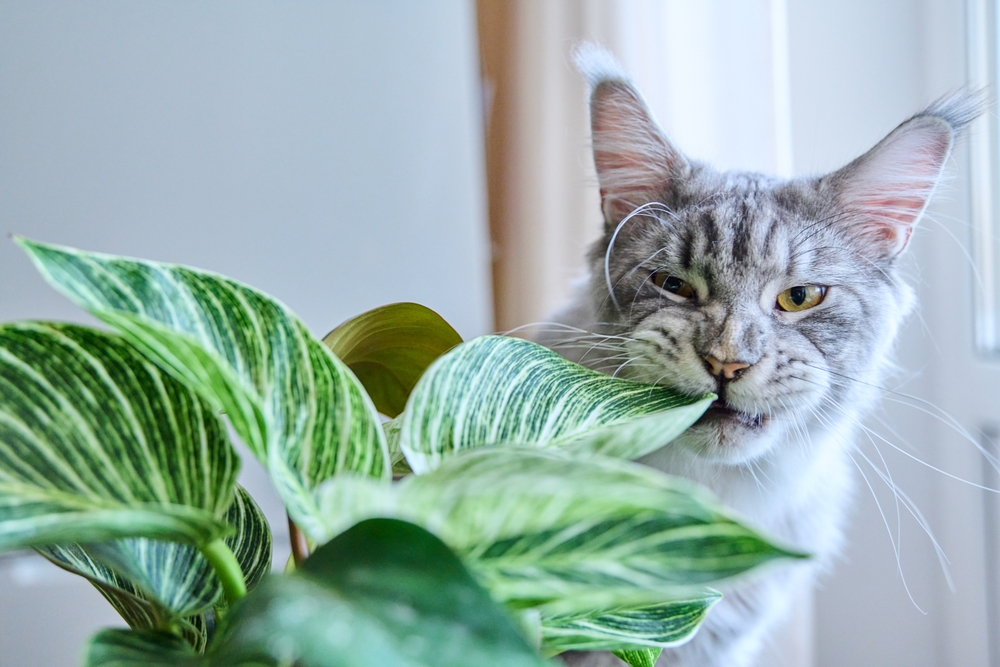
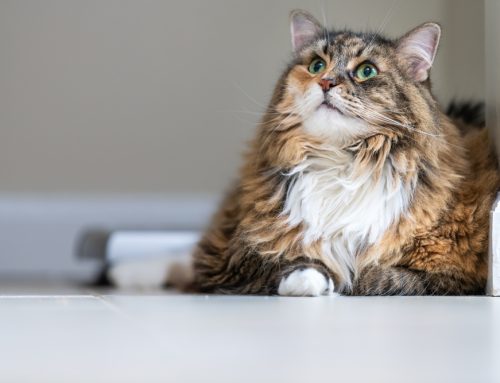
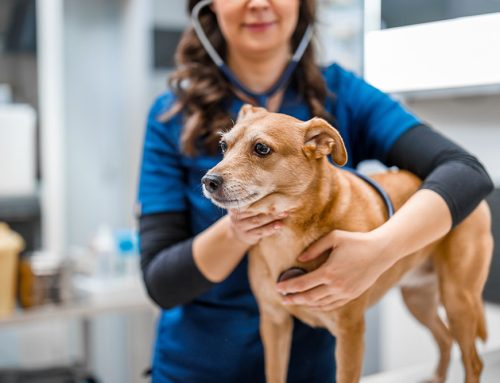

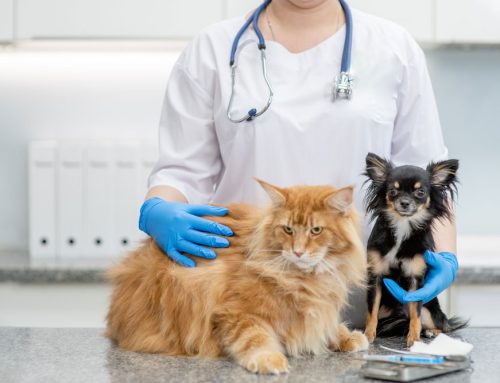
Leave A Comment